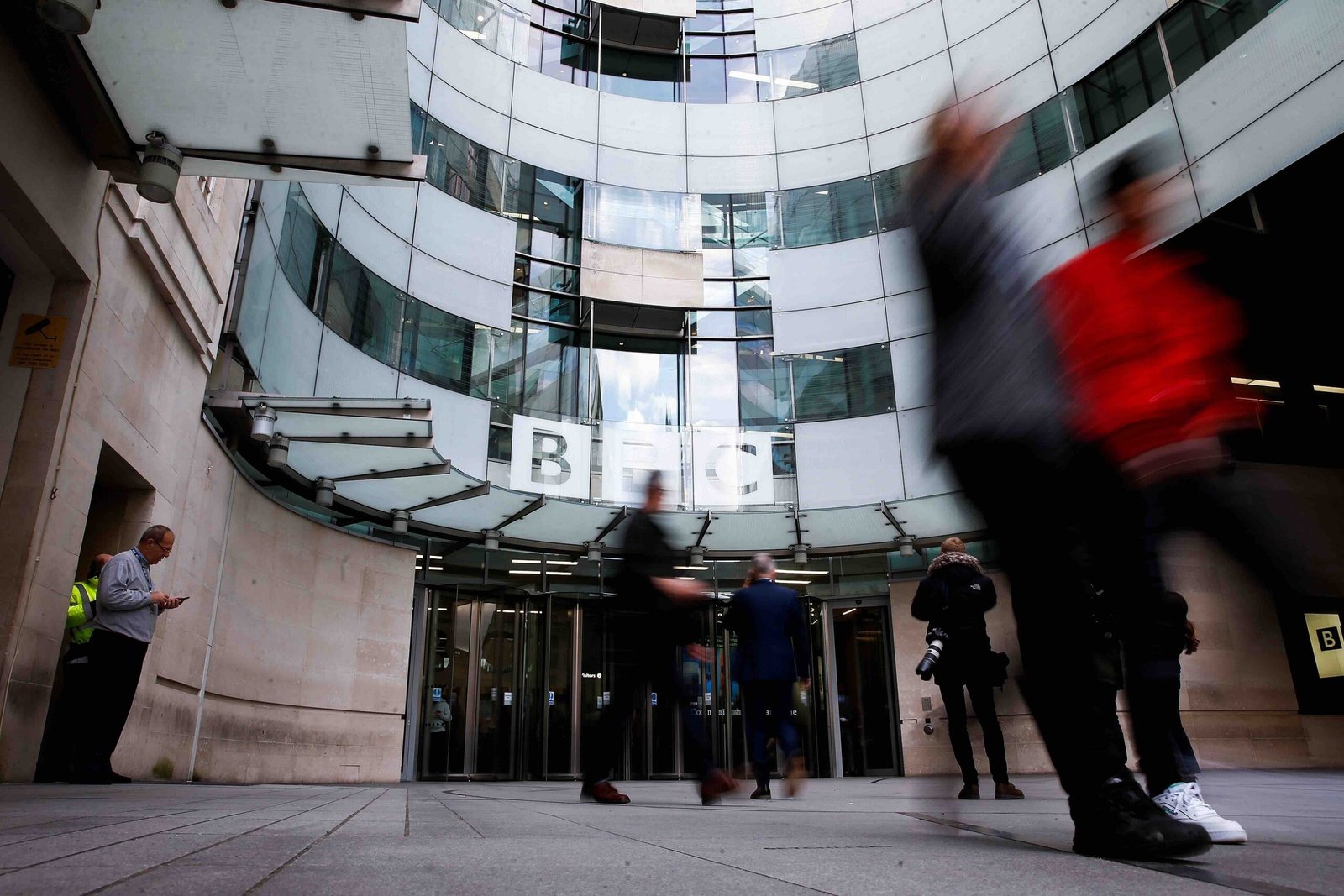On Sunday 16th January, 2022, the British government announced plans to abolish the BBC television licence from the end of 2027. The government has also announced that the licence fee will be frozen again for two years, forcing the BBC to continue the programme of cuts to its services and staff.
Overseas readers may know that Britain is unique in having its principal public broadcaster funded not by advertising or direct taxation but from a television licence: if you own a television in the UK, you have, by law, to pay a colour television licence fee of £159 a year. This provides most of the funding for all of the BBC’s local, national, and international radio and television stations, BBC iPlayer, and the BBC websites.
The BBC largely relies on the licence fee – introduced 100 years ago to fund the new medium of radio – for its income. Its abolition would see the end of the BBC as it is today and, of course, have a radical impact on its programmes, including Doctor Who.
Without the licence fee, it is doubtful that the BBC could continue to exist. If it became a subscription service, it would be radically different; if it were funded by direct taxation rather than the licence fee, it could be even more liable to government pressure and interference.
All of this has implications for Doctor Who. If the BBC goes, will that be the end of Doctor Who as well?
Possibly not. It seems likely that the BBC and Russell T Davies could see the writing on the wall when Davies was appointed as the new showrunner: moving Doctor Who from being a BBC Studios production to one made by an independent (i.e. private) company, even with BBC Studios keeping a watching brief over the programme, looks like an attempt to protect it from the eventual end of the BBC itself. Hived off to an independent production company, Doctor Who might survive even if the BBC does not.
But this goes far beyond just Doctor Who, of course. It’s a question of freedom of the press, of striving for unbiased news, of being able to broadcast shows that, unlike advert-driven channels, are considered more niche.
The Conservative Party and successive Tory governments since 2010 have been, in general, hostile to the BBC, sometimes viscerally so. Senior Tories object to (and hate?) the BBC because it is a public body, rather than a private enterprise; they see the licence fee as an anachronism (which it is, but so is the House of Lords). Most seriously of all, many senior Tories – including the Culture Secretary, Nadine Dorries – hate the BBC as an alleged hotbed of left-wing bias which dares to criticise the government. The BBC’s defenders argue that it isn’t biased to the left but it does ask difficult questions of ministers and the government as part of its role of holding them to account. In this, the BBC argues is no different from ITN and Sky, which also ask difficult questions as part of their news coverage. It also points out that all governments get angry with the BBC when they are held to account by it: Tony Blair’s Labour government were furious with the BBC’s coverage of the Gulf War. If governments of different political colours perceive the BBC as biased against them, then, they argue, the BBC must be doing its impartial job.
So what is going to happen to the BBC and, ultimately, to Doctor Who? It should be noted that none of this may come to pass at all. Boris Johnson is in serious difficulties and may well be forced to resign as Prime Minister soon, following the revelations that Downing Street staff broke Covid restrictions by holding drunken parties while the rest of the country was in lockdown. If he goes, it is likely that Nadine Dorries will not survive as Culture Secretary: she is as determined a right wing populist as Johnson himself and, should the Conservatives elect a less populist leader, Dorries is unlikely to stay in post. There are precedents for this. David Cameron’s Culture Secretary John Whittingdale also wanted to abolish the BBC: Theresa May sacked him when she became Prime Minister. There will be a British general election before 2027 and – perish the thought – there is even the possibility that the Conservatives may not be re-elected.
So is Doctor Who threatened? Maybe. It should be noted that Nadine Dorries herself suggested to Johnson that he throw some “red meat” populist policies to his more radical MPs and newspapers, to distract them from a row over allegedly illegal parties which threaten to make him and his government fall. The proposal to abolish the licence fee is a piece of red meat.
It is also only, at present, a proposal and may not outlast this government. Just as the government hid British treasures from the Nazis in Welsh mines during the Second World War in anticipation of a German invasion (the Mappa Mundi, for example, went to a Welsh mine), so the BBC may move its treasures – like Doctor Who – into private, independent companies where the government will be unable to touch them.
Would this have happened under the previous Prime Minister, Theresa May? Probably not. She was a Doctor Who fan. (Beware, though, of Rishi Sunak, Chancellor of the Exchequer and front runner to replace Johnson: he is said to prefer Star Trek to Doctor Who…) Either way, the red meat might be dangling in front of us, but we’ve not forgotten what you’ve done, Boris.



